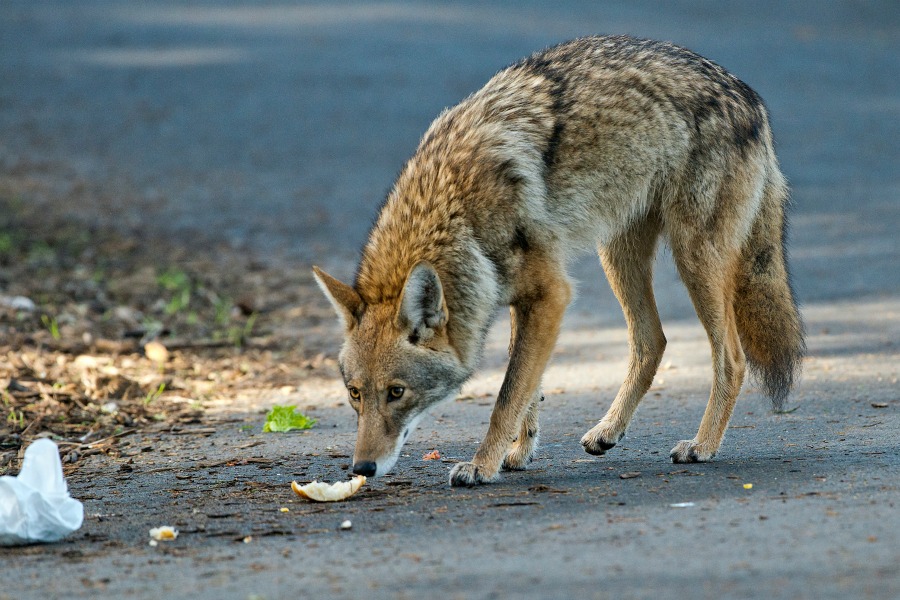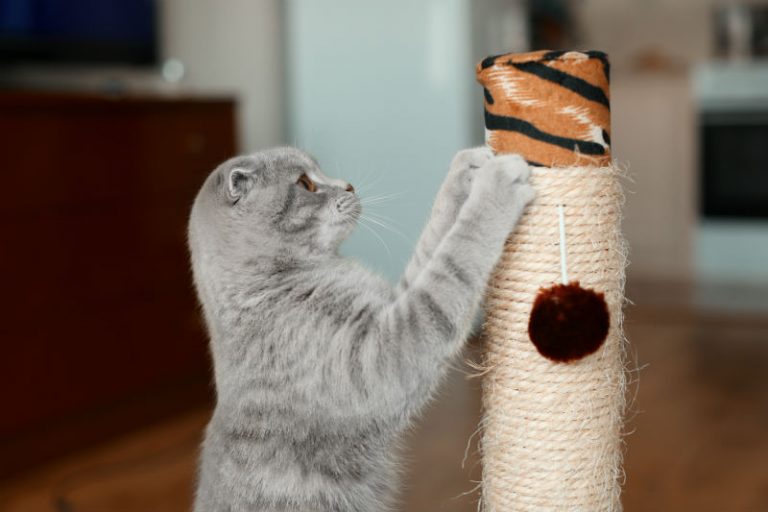As more people build homes in suburban areas, there is a greater chance of contact with wildlife, especially in spring when many animals have babies. It is human nature to want to help when we find a baby animal alone. However, in almost all cases, helping is not a good idea. Just because the baby is alone does not mean the mother is not nearby or returning; most wildlife does not routinely abandon their young. In most cases, it is impossible to raise these wild babies yourself, and they have a better chance of surviving if you leave them alone.
If you think you’ve come across an injured or orphaned wild animal, help is only a phone call away, but the first thing to do is to make sure the animal needs help. Look for any of the following:
- Bleeding, open wounds, injured or missing limb, discharge from the ears, eyes, or nose
- An oily or sticky coating, large patches of missing feathers or fur
- Foreign objects stuck to or wrapped around the body
- Hindered movement, staggering, lethargy, or unconsciousness
- A deceased parent nearby
If none of the above signs are apparent, what you are witnessing may be perfectly normal behaviour.
If you do find a baby alone and you have rescued it, you must call a person licensed by the province as a wildlife rescue specialist. These wildlife rescue specialists have a much higher chance of saving the baby than you. Also, it is illegal for private citizens to own wild animals and so contacting a wildlife rescue specialist is imperative.
By keeping a wild animal, you also could jeopardize your family’s health as many of these animals can carry diseases transmissible to humans (zoonotic disease). Rabies is a common virus found in wild animals worldwide, and these animals may commonly bite due to fear or pain. Luckily Rabies is not an endemic wildlife disease in Nova Scotia, but it is in the State of Maine and is spreading into western New Brunswick. If a wild animal bites you, it is critical that you try to keep an eye on the animal and call for help. If the wild animal cannot be caught and tested for rabies, you will be required to take rabies vaccinations. So in the long run, stay away from wild animals and if you do find one in need of help, call a wildlife rehabilitator.
HOPE FOR WILDLIFE HELPLINE (902) 407-9453
5909 Highway 207 Seaforth, Nova Scotia B0J 1N0
Every year Hope for Wildlife assists over 10,000 callers through their wildlife helpline and take over 3,500 wild animals into care.
Hopeforwildlife.net
By: Alex Hare




